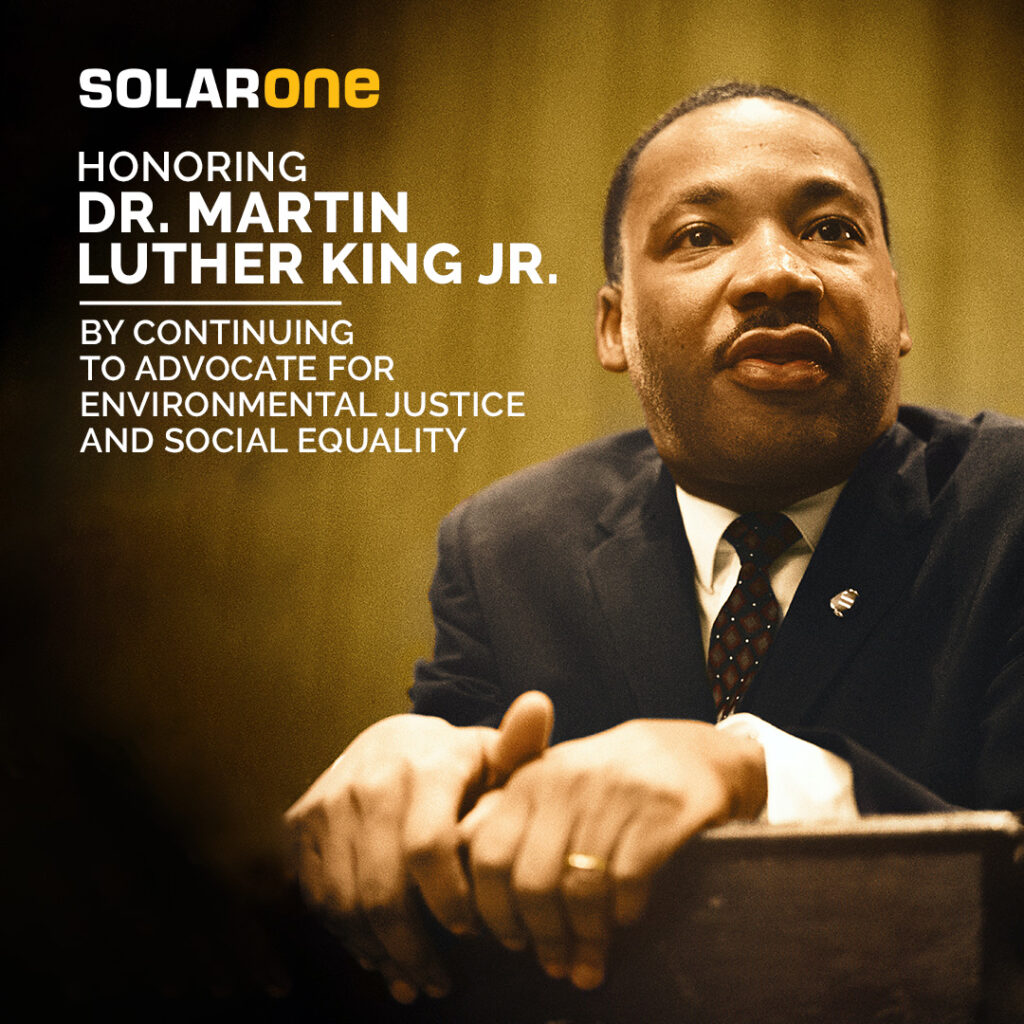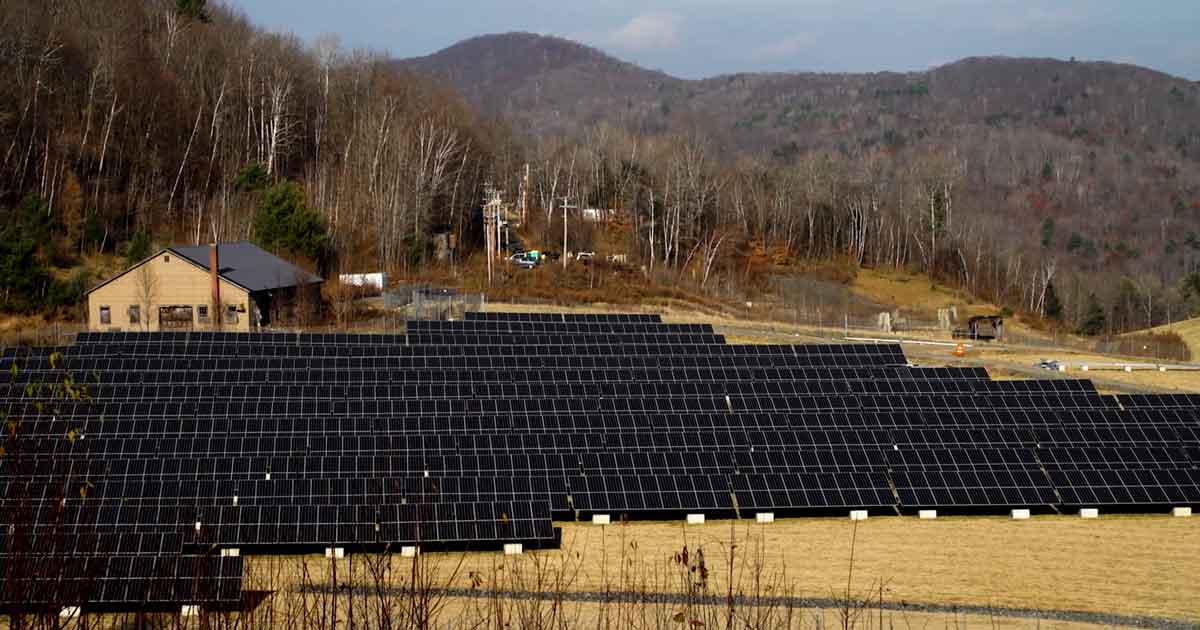
By Stephen Levin
Widely celebrated for his contributions to civil rights, the late Dr. Martin Luther King Jr.’s advocacy encompassed a broad spectrum, including two issues that aren’t emphasized enough: economic and environmental justice.
In his 1964 Nobel Peace Prize address, King declared, “There is nothing new about poverty. What is new, however, is that we have the resources to get rid of it.”
More than 55 years after the Civil Rights Act, the economic gap between Black and white families in the United States remains nearly identical to what it was in 1968. Income disparities persist, with Black workers experiencing unemployment rates twice that of their white counterparts. The chasm in median income between white, Black, and Latinx workers remains stark.
Dr. King’s call for economic justice aligns profoundly with initiatives like New York’s newly-passed Clean Slate Act, designed not just to clear prior criminal records but to redress systemic injustices that hinder economic opportunity.
And we at Solar One, believe the Act can also help boost our region’s green energy initiatives and green workforce employment.
Since 2009, in keeping with our nonprofit mission to provide environmentally focused educational programming for all New Yorkers, our Green Workforce training program, in partnerships with more than a dozen local workforce organizations, has prepared over 5,000 underemployed New York residents with hands-on technical training and industry certifications for clean energy jobs that provide a pathway to a career.
Our program’s targeted workforce groups include women, veterans, Native Americans, individuals with disabilities, unemployed workers and previously-incarcerated or criminal-justice-involved individuals.
“How many young people have a record because they jumped a turnstile?” asks Solar One Green Workforce Educator Josh Vedder. Every year, more than 400,000 New Yorkers face arrests on various charges, and the ramifications of these encounters with the criminal legal system extend far beyond the courtroom. Employment opportunities, including in New York’s emerging green energy building economy, become elusive due to background checks, perpetuating a cycle of exclusion that not only hurts individuals but also drains the state economy.
Racial disparities loom large in the criminal justice system, with Black and Latinx individuals bearing the disproportionate brunt of over-policing and prosecution. For instance, the statistics on cannabis possession arrests in New York City starkly highlight this disparity, painting a picture of injustice that the Clean Slate Act seeks to rectify.
The Act’s provision for automatic sealing of certain criminal records serves as a cornerstone for addressing these systemic wrongs. By affording individuals the chance to have their records cleared after completing waiting periods and probationary terms, the legislation provides a crucial path for reintegration into society and sustainable careers.
The Clean Slate Act’s projected economic ripple effect is staggering – an estimated annual earnings boost of $7.1 billion for the state of New York according to state statistics from Governor Kathy Hochul’s Office – while also aligning with Dr. King’s vision of redistributive justice.
By allowing for the sealing of certain criminal records, the act dismantles barriers to employment, facilitates economic empowerment, and reduces recidivism. The positive impact of such initiatives is palpable, as demonstrated by similar programs in other states. For example, in Michigan, within two years of record clearance, individuals saw a significant increase in job opportunities and earnings.
The New York City metro region has significant potential for job growth in the energy efficiency, renewable energy and green building maintenance and operations sectors-all areas that Solar One’s Green Workforce training program focuses on. NYS and NYC’s aggressive programs to curb carbon emission and fossil fuel use will drive the demand for clean energy jobs to about some 200,000 projected jobs during the next decade.
Supporters of the Act rightly recognize its multifaceted benefits. By expanding the state’s workforce and enabling businesses to hire from a wider talent pool, the Clean Slate Act aligns with business growth objectives while also promoting economic and environmental justice.
We think that’s a good thing.
Stephen Levin is the CEO of Solar One.
Read this Op-ed in the Daily News

